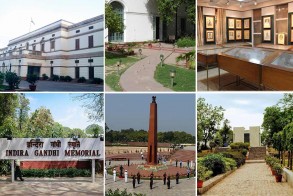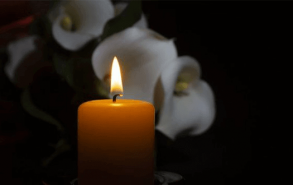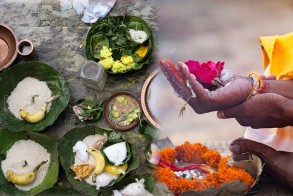Lastjourney Blog
What is the significance of the popular ‘Death Hotel’ in Varanasi?
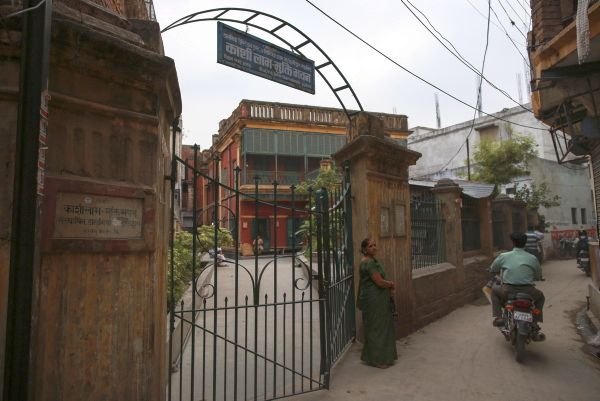

Reading Time: 3 minutes
What do Hindus want after they die? It is not heaven, but rather moksha. The Hindu notion of moksha is freedom from life’s difficulties and afflictions. When you give up all materialistic pleasures and become one with yourself, or the aatma, you have reached enlightenment. Though moksha can even be attained while you’re living, achieving moksha on your death-bed is believed to free you from the cycle of life-and-death and your soul is free even-after.

Varanasi, one of the world’s oldest towns, is a sacred place for Hindu funerals and rites. The importance of karma (the sum of a person’s activities over one or more lifetimes and its impact on their current and future existence) is emphasised in Hindu scriptures. According to Hindu belief, anybody who dies in Varanasi achieves moksha, or salvation. Varanasi is thought to help the soul break free from the never-ending cycle of birth and death.
Mukti Bhawan is a one-of-a-kind ‘death hotel’ that has existed in Varanasi to help these believers achieve their goals. Here is why the hotel grew into popularity and its significance today:
What is Mukti Bhawan and what does it offer?
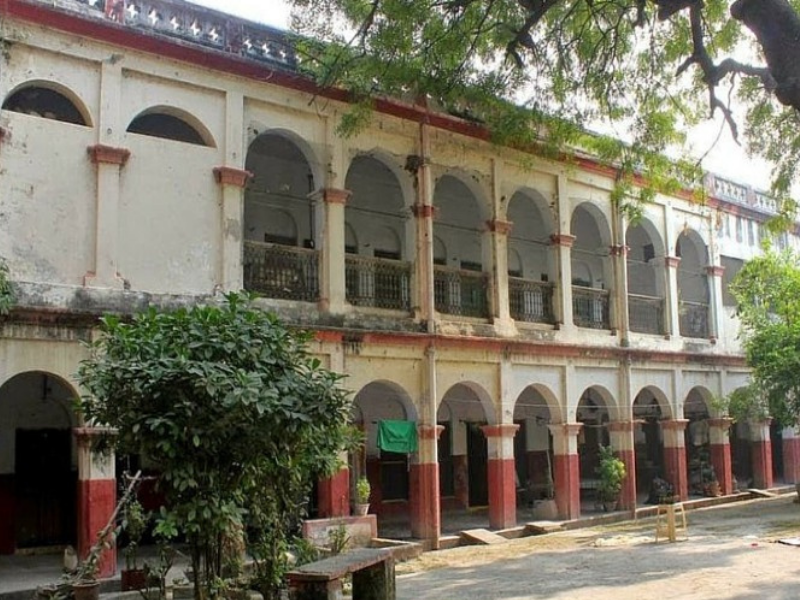
To achieve Moksha, people go to various lengths. While some believers think that bathing in the holy Ganges River can cleanse them of their sins, others will forego all materialistic pleasures. A guesthouse in Varanasi named Mukti Bhawan, on the other hand, promises moksha. The charming small house aids the afflicted and lost in their final emancipation. The priests on staff perform rituals and rites that help the dying to pass away in peace. Hindus believe that those who pass away in Varanasi achieve Moksha, or salvation.
When can someone book a room at the hotel?
This may surprise you, but Mukti Bhawan receives thousands of visitors each year. Despite the fact that the beliefs are very disputed, individuals come to this one-of-a-kind death home every year. Since more individuals die during the winter months, there are more visitors during that season than in the months of summer. However, before you jump to any conclusions, you should know that the hotel is not for people with suicidal tendencies. There is also no mercy killing there. The hotel is only open to those who are one their deathbed and wish to die in the arms of the oldest living city in the world.
How long can the sick stay at Mukti Bhawan?
Mukti Bhawan contains 12 rooms, a tiny temple, and a priest, as well as all of the amenities for visitors. A large number of elderly individuals visit and stay at the hotel. For the past 48 years, Bhairav Nath Shukla, the hotel manager, has been in charge and praying for the salvation of these dying souls. He lives in the same compound as his family, and his family members are accustomed to people dying in their hotel.
While the majority of those who have no family come here to seek salvation, Mukti Bhawan’s idea is remarkably similar to that of old Kashi. When people claimed they were departing for Kashi, it was supposed they intended to stay there for the rest of their lives in the goal of attaining Moksha, or salvation.
Who all can accompany the ailing to the hotel?
Only one person from the family or known circle of the sick can accompany them to the hotel. As they struggle emotionally with the problem of waiting for their loved ones to die, the family members/friends of the dying guests are also supplied with lodging and basic facilities at this humble hotel. For those who can afford it, a little fee of INR 20 is charged.
Are tourists welcomed at Mukti Bhawan?
Mr. Bhairav welcomes tourists to Mukti Bhawan, despite the fact that most hospices do not allow visitors. He believes that visiting such a facility provides people with an educational perspective on mortality and an opportunity to reflect on their lives. He mentioned several Japanese visitors who were astounded by Hinduism’s acceptance of death, which he said was more visible at Mukti Bhawan than anywhere else.
A visit to Mukti Bhawan can be a life-changing experience, allowing you to put your own life into perspective. It persuades you to accept death’s truth and, in the process, teaches you something about life.
Your email address will not be published. Required fields are marked *









